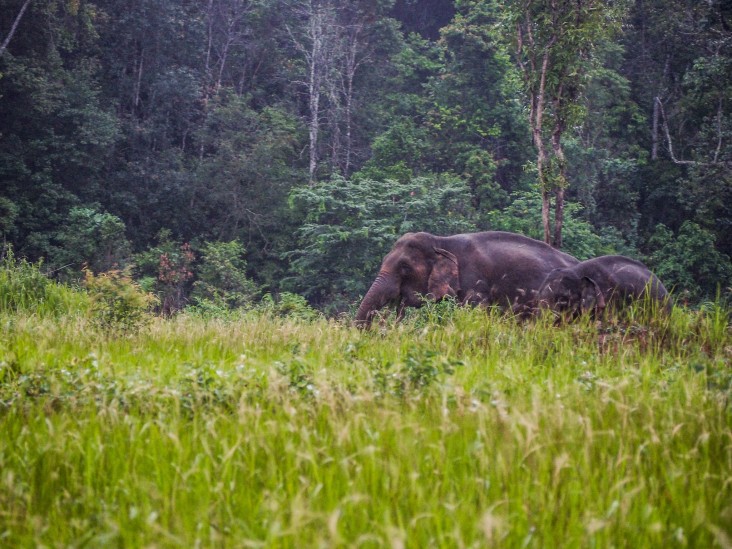
For Immediate Release
BANGKOK – On September 8, President Barack Obama announced a new U.S. Agency for International Development (USAID) initiative to help address wildlife trafficking in Asia by reducing demand and expanding international cooperation. The USAID Wildlife Asia project will also collaborate with the Association of Southeast Asian Nations (ASEAN) member states to enhance enforcement of wildlife laws.
"Regional cooperation through ASEAN and other partners is the key to effectively spreading the word about why we have to stop wildlife trafficking," said USAID Regional Development Mission for Asia Director Beth Paige. "Only by collaborating across borders can we put an end to this crime. Our first collective step will be to convince people across the region and abroad that there is absolutely no good reason to buy wildlife products."
Highlighted at last week’s ASEAN summit in Laos as a new commitment under President Obama's US-ASEAN Connect strategy, USAID Wildlife Asia will support regional actions to end wildlife crime by reducing consumer demand for wildlife and wildlife products. The initial focus will be on reducing demand for elephant ivory, pangolins, rhino horn and tiger products. The project will promote behavior change campaigns that can help spread the anti-wildlife trafficking message on billboards in airports, public service announcements and online videos.
The project will also assist to strengthen regional law enforcement through trainings. The activity will engage with Asian governments and partners to help harmonize regional laws and penalties for wildlife crime, strengthen laws where necessary and support judges and lawyers to bring counter-wildlife trafficking cases to court.
USAID Wildlife Asia, implemented by International Resources Group (IRG), an Engility Company, and a consortium of partners, contributes to the U.S. Government’s expanding global portfolio for combatting wildlife trafficking, which has grown from $13 million in 2012 to more than $68 million in 2015. Last year, USAID-supported training for more than 1,000 law enforcement officials across Asia and Africa under the five-year USAID Asia Regional Response to Endangered Species Trafficking program, which in turn contributed to the arrest of 500 poachers and traffickers.







Comment
Make a general inquiry or suggest an improvement.